
Noises Off
Matthieu Saladin
A kind of performed installation of searing noise and silence, where we’re not sure who the performer is, when it starts or ends or even who it’s for.
Arika have been creating events since 2001. The Archive is space to share the documentation of our work, over 600 events from the past 20 years. Browse the archive by event, artists and collections, explore using theme pairs, or use the index for a comprehensive overview.

A kind of performed installation of searing noise and silence, where we’re not sure who the performer is, when it starts or ends or even who it’s for.
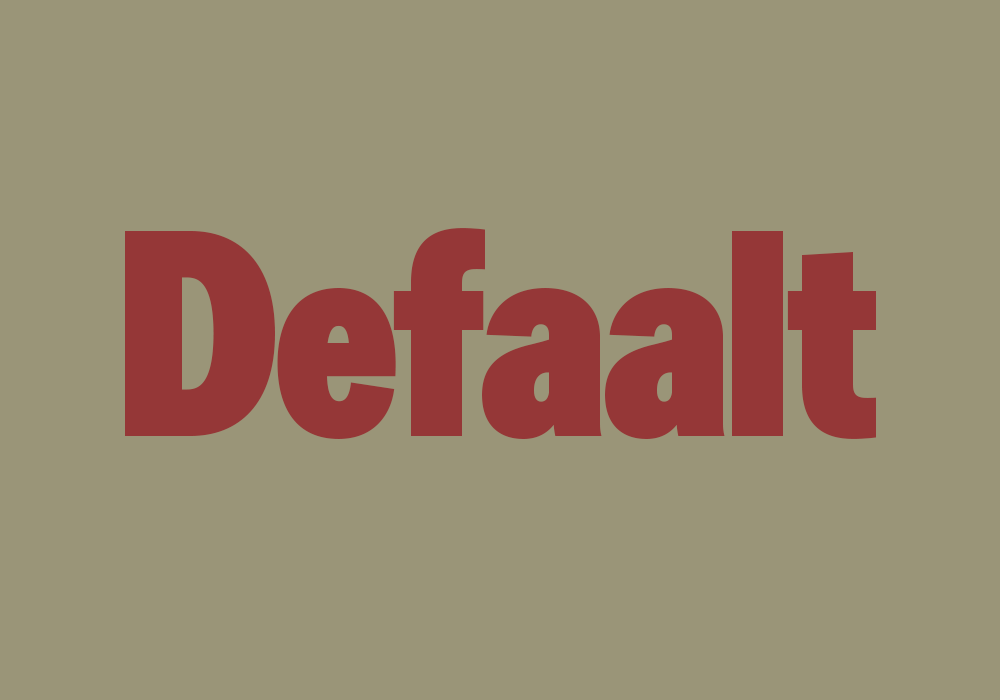
Glasgow based artist Defaalt invites the audience to collaborate fully in his performance by means of a generative graphical interface.

A celebration of the release of four books written by members of, and focused on about the House and Ballroom scene.
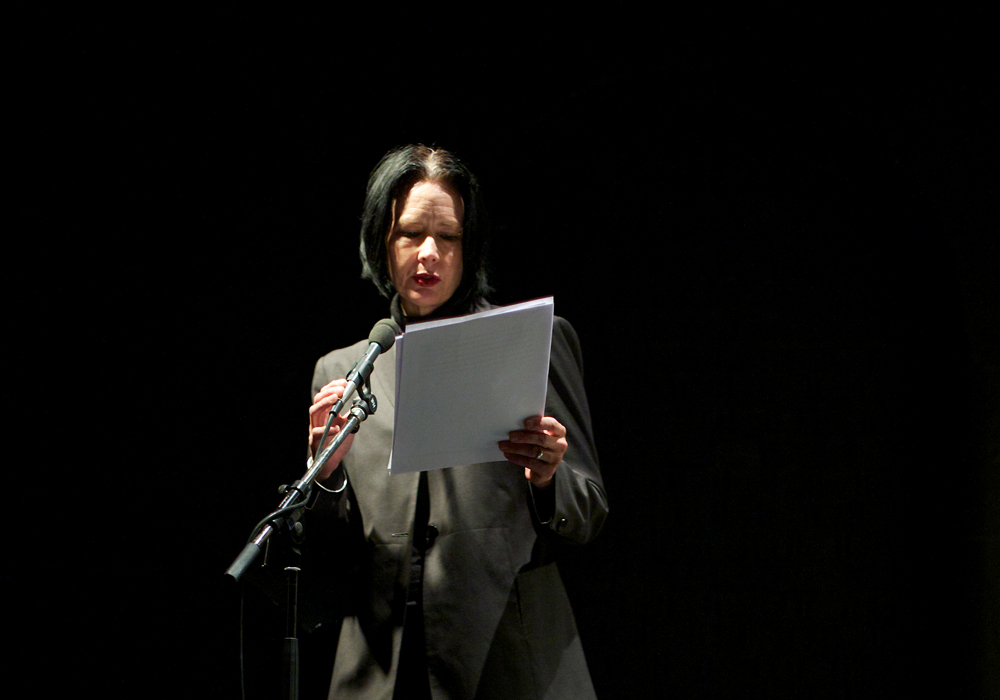
Vanessa Place talks at The Friday Event series at the Glasgow School of Art about her practice as a writer.

A performance by Storyboard P – one of the greatest Afrofuturist dancers on the planet.
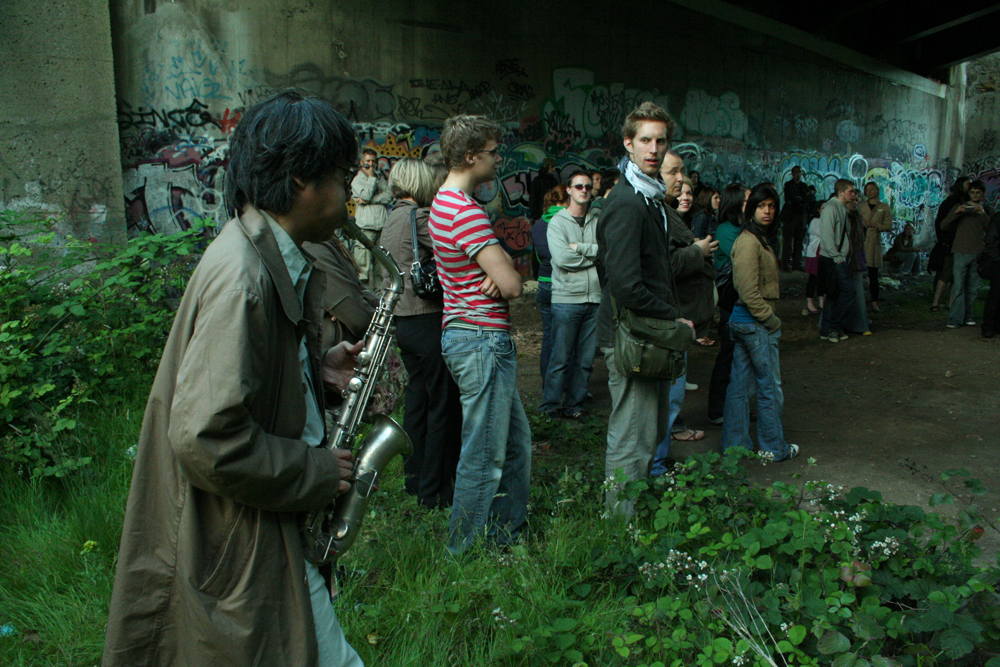
A concrete walkway ending in mid air, a ridiculously tight squeeze between three office buildings and various other sites of Labour politician and council leader T. Dan Smith’s modernist regeneration projects and ‘slum clearances’ of the 1950’s and 60’s.
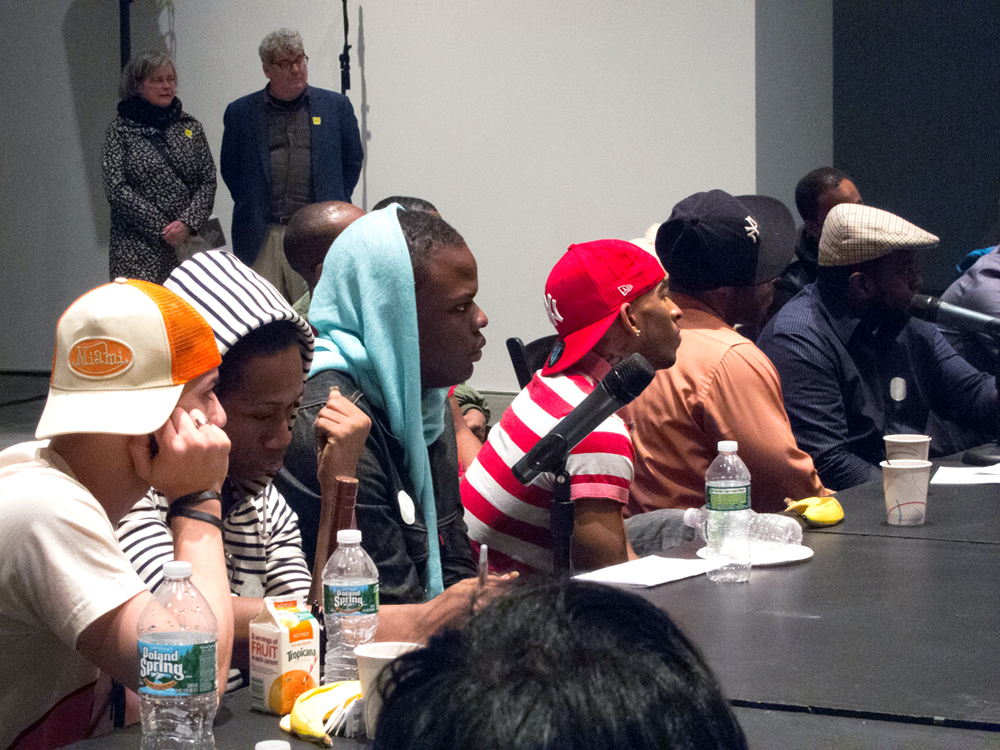
For day two of Ultra-red’s project, the investigation will take up protocols for listening to the sound of freedom composed and facilitated by the Vogue’ology collective.
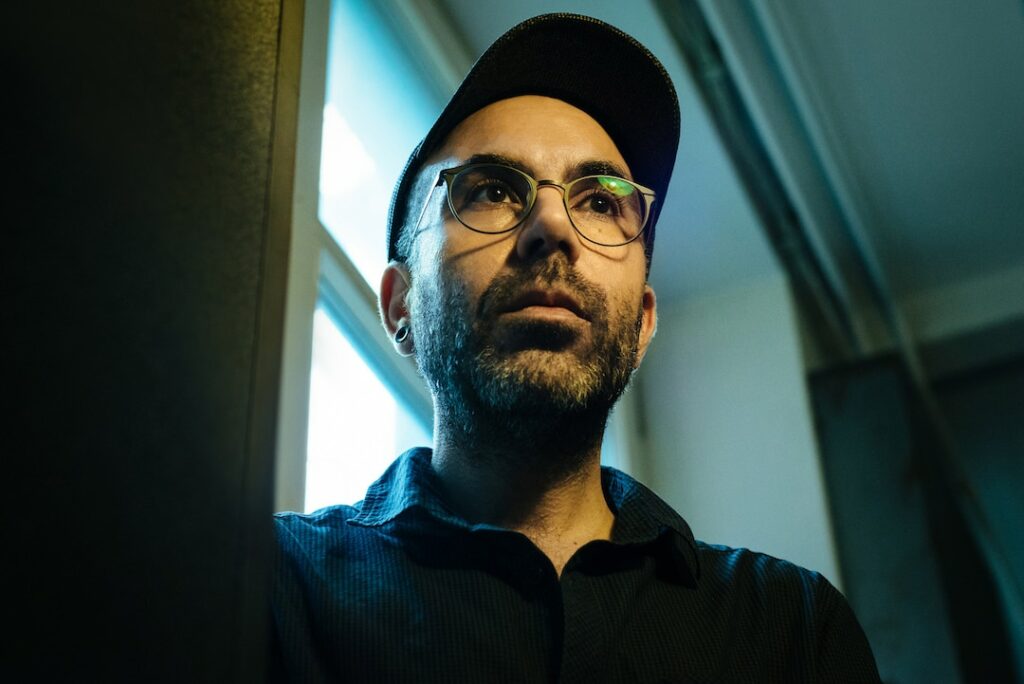
The most sophisticated synthetic music around: timbrally otherwise body music as sonified fictions and auditive sociograms.

Multiple images, glimpses of old films, abstract images in the midst of an electro-acoustic sound field of tape loops & analogue synthesizers
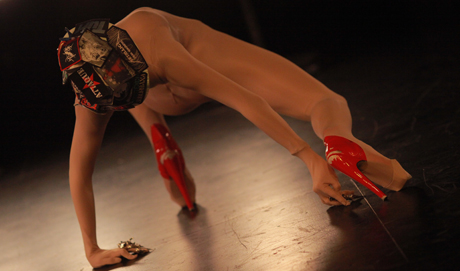
What would have happened in 1963 if someone from the voguing ball scene going on in Harlem had travelled downtown to perform alongside the early postmoderns at Judson Church?

A celebration of our overabundant social entanglement and complicity, that remind us of how we can see ourselves, stripped of powers’ attempts to grasp us.

Rather than asking the state for services, what kinds of change are made possible when we prioritise people supporting each other?